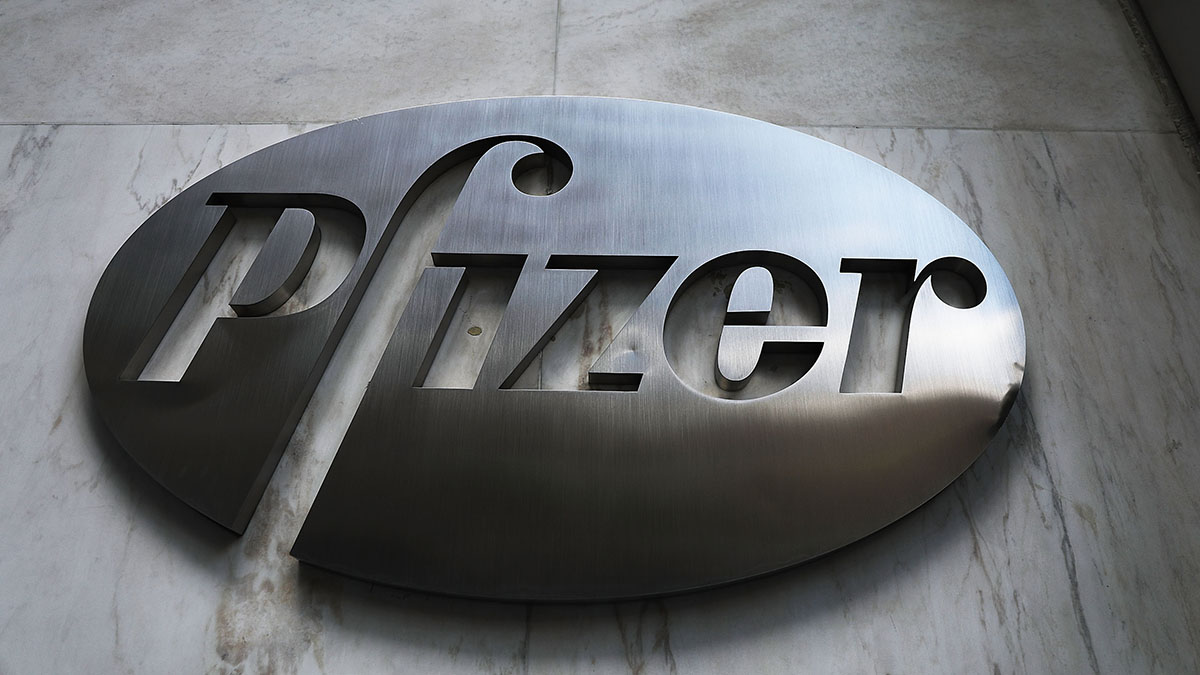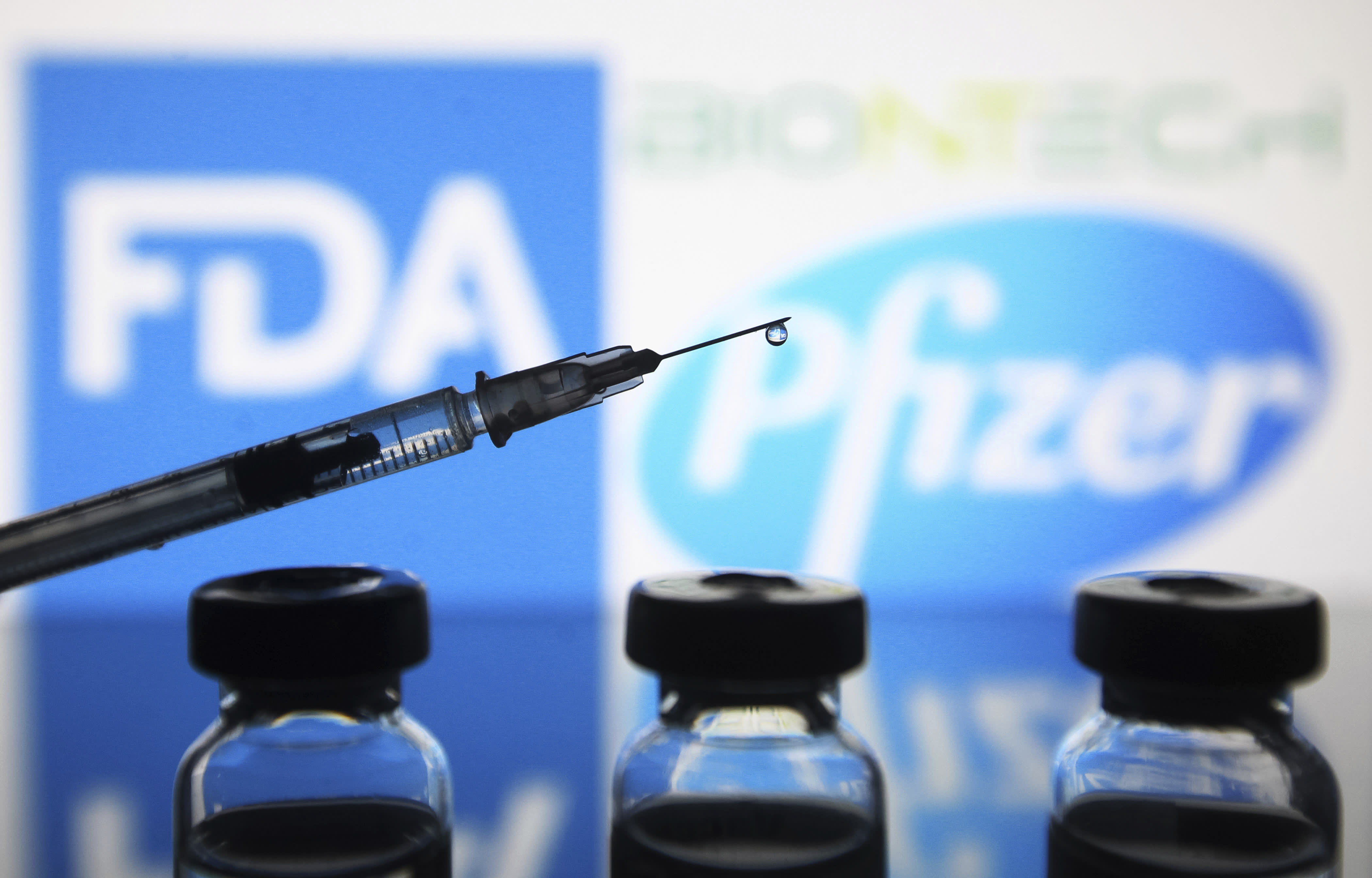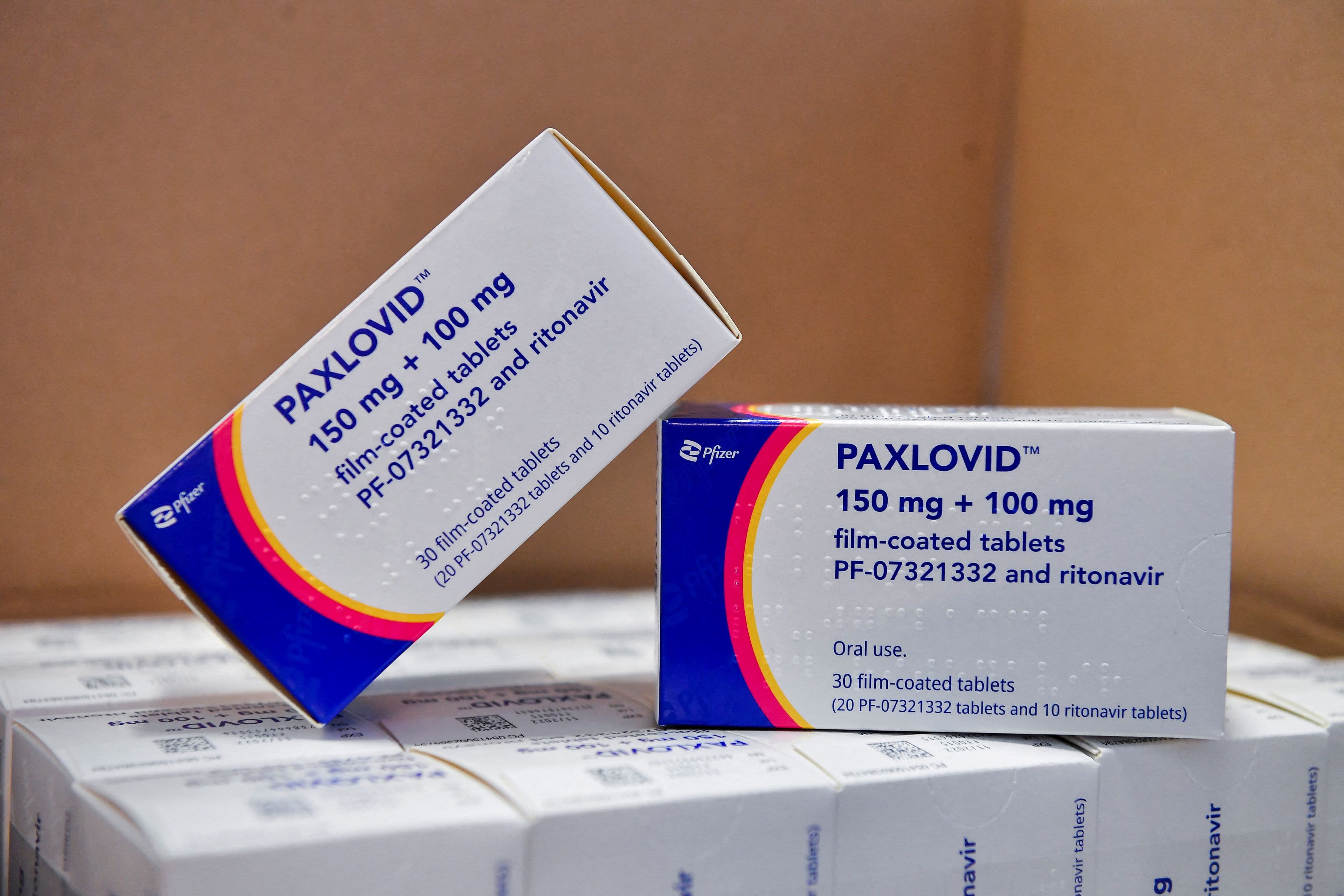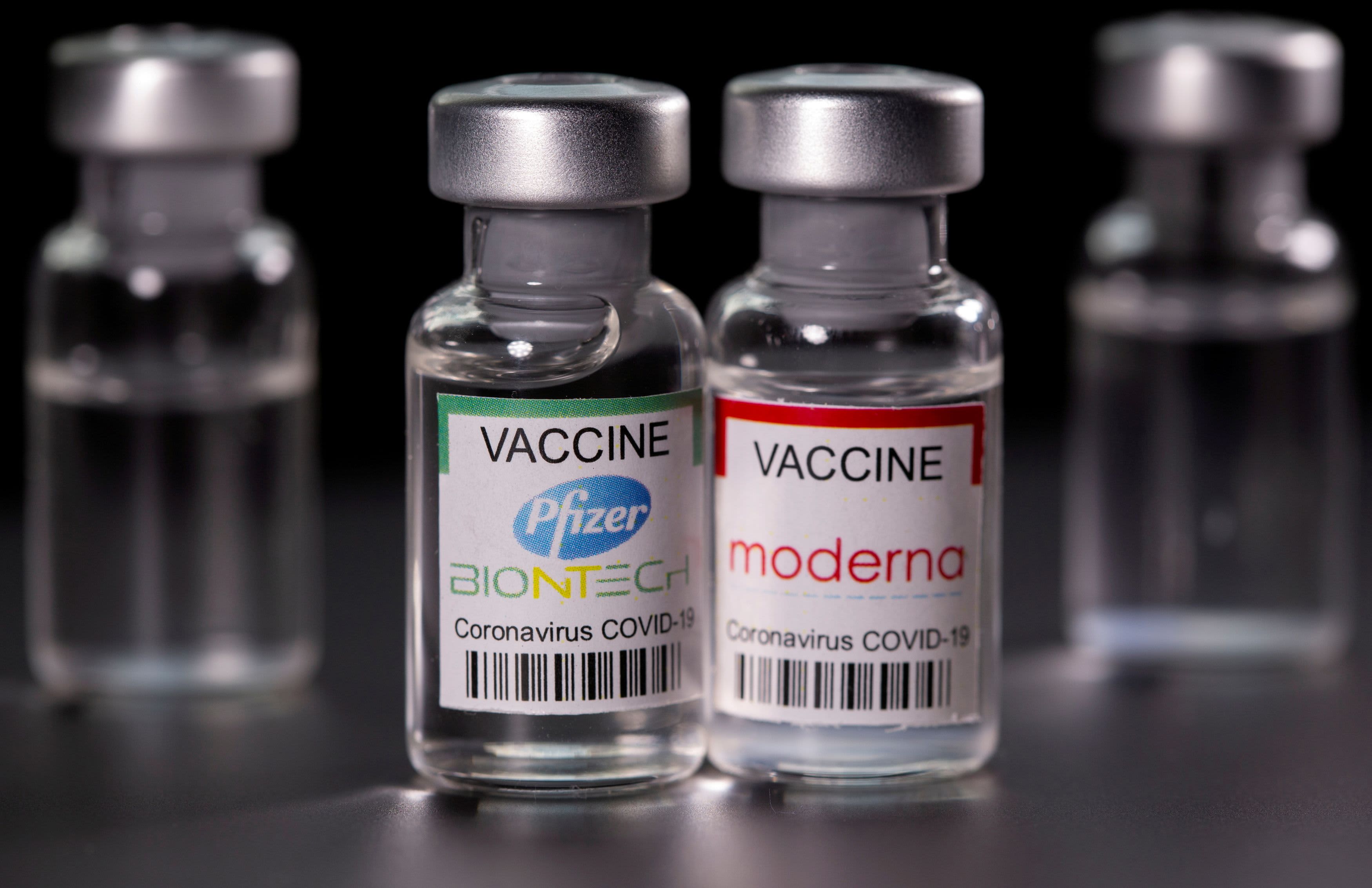Moderna sued Pfizer and its German partner BioNTech on Friday, alleging that the two companies copied Moderna's technology in developing their COVID-19 vaccine Comirnaty.
Moderna said in a news release that Pfizer/BioNTech infringed on patents filed between 2010 and 2016 covering its mRNA technology, which Moderna used to develop its own COVID-19 vaccine, Spikevax.
"We are filing these lawsuits to protect the innovative mRNA technology platform that we pioneered, invested billions of dollars in creating, and patented during the decade preceding the COVID-19 pandemic," said Moderna CEO Stéphane Bancel. "This foundational platform, which we began building in 2010, along with our patented work on coronaviruses in 2015 and 2016, enabled us to produce a safe and highly effective COVID-19 vaccine in record time after the pandemic struck. As we work to combat health challenges moving forward, Moderna is using our mRNA technology platform to develop medicines that could treat and prevent infectious diseases like influenza and HIV, as well as autoimmune and cardiovascular diseases and rare forms of cancer."
Pfizer/BioNTech Responds
Get top local stories in Connecticut delivered to you every morning. Sign up for NBC Connecticut's News Headlines newsletter.
Pfizer/BioNTech said Friday that it had not yet fully reviewed the complaint fully.
"But we are surprised by the litigation given the Pfizer/BioNTech COVID-19 Vaccine was based on BioNTech’s proprietary mRNA technology and developed by both BioNTech and Pfizer," the partnership said in a statement. "We remain confident in our intellectual property supporting the Pfizer/BioNTech vaccine and will vigorously defend against the allegations of the lawsuit."
The patent infringement lawsuits were filed in the U.S. District Court for the District of Massachusetts and the Regional Court of Düsseldorf in Germany, according to a news release. Moderna is based in Cambridge, Massachusetts, while BioNTech is in Germany.
Coronavirus News
Both shots use messenger RNA, or mRNA, technology, a new way of developing and delivering vaccines faster and easier, compared to the traditional process of growing viruses or pieces of viruses — often in giant vats of cells or, like most flu shots, in chicken eggs — and then purifying them before next steps in creating shots.
MRNA vaccines work by injecting a genetic code for the spike protein that coats the surface of the coronavirus. That code, the mRNA, is encased in a little ball of fat, and instructs the body’s cells to make some harmless spike copies that train the immune system to recognize the real virus.
The U.S. Food and Drug Administration granted emergency use authorization for the Covid-19 vaccine to Pfizer/BioNTech in December 2020, and to Moderna shortly after.
In October 2020, Moderna pledged not enforce its Covid-19 patents, particularly in low- and middle-income countries. But in March, when vaccine supply was no longer an issue in many parts of the world, Moderna said that it expected companies such as Pfizer and BioNTech to respect its intellectual property rights.
Moderna said that it would consider "a commercially reasonable license" should Pfizer/BioNTech request one for other markets, but that the companies have failed to do so.
Moderna said it is not seeking damages for any activity before March 8.
Earlier Lawsuits
Pfizer/BioNTech has already been sued by other companies that say the partnership's vaccine infringes on their patents, CNBC reports. Pfizer/BioNTech responded that it would defend its patents vigorously.
Moderna also has been sued for patent infringement in the United States, CNBC reports. It is in a dispute with the U.S. National Institutes of Health over rights to mRNA technology.
Other Coronavirus Articles
Moderna said it believed that Pfizer/BioNTech copied two key features of Moderna's patented technologies. One was a chemical modification that avoids provoking an undesirable immune response when mRNA is introduced into the body. Moderna said it began developing the modification in 2010. The second was the coding of a full-length spike protein. Moderna said its scientists developed the approach when they created a vaccine for the coronavirus that causes Middle East Respiratory Syndrome or MERS, years before COVID-19 emerged.






